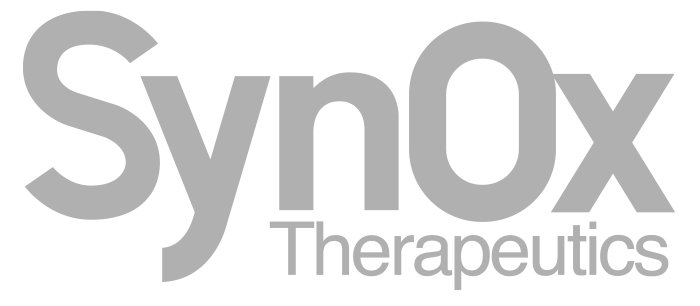- TGCT is a debilitating disease that often impacts patients in the prime of their life
- Designation to include both localized and diffuse forms of the disease
Dublin, Ireland, 31 August 2022: SynOx Therapeutics Limited (“SynOx” or the “Company”), the late-stage clinical biopharmaceutical company, announces a regulatory update on emactuzumab, in development for the treatment of Tenosynovial Giant Cell Tumour (TGCT) and other diseases. The European Medicines Agency (EMA) has designated emactuzumab as an orphan medicinal product in the indication of TGCT for both localized and diffuse types of the disease.
TGCT is a rare, chronically debilitating disease affecting the synovium, tendon sheaths and bursa membranes, primarily of knee, hip and ankle joints. It causes loss of function of the affected joints, pain, stiffness and limited range of motion. TGCT has an incidence of 43 cases per million patient years, of which 4 per million patient years relate to diffuse TGCT1. No systemic treatments have been approved for TGCT in the EU. Most patients receive surgical intervention, with a post-surgery recurrence rate of up to 50%2.
Emactuzumab is a novel monoclonal antibody inhibiting CSF-1R that offers a short course of treatment. Phase I/II studies indicated good tolerability and a manageable safety profile and substantial preliminary efficacy in TGCT patients with rapid, robust tumour reduction and durable response.
SynOx is planning a phase III trial (TANGENT) to assess the efficacy and safety of emactuzumab in patients with localized or diffuse TGCT where surgical removal of the tumour is not viewed as an option. More details can be found on www.clinicaltrials.gov (with trial identifier NCT05417789) and at www.tangentstudy.com.
Ray Barlow, Chief Executive Officer of SynOx, said: “We have made significant progress in the development of emactuzamab in TGCT in the last 12 months. The positive opinion regarding the orphan drug designation marks an important step in SynOx’s continuing journey to provide a potential therapeutic option for patients with this debilitating disease. We are now recruiting patients on to our phase III registrational trial (TANGENT) and look forward to providing an update on progress in the near future.”





